Things To Do Instead Of Using Drugs
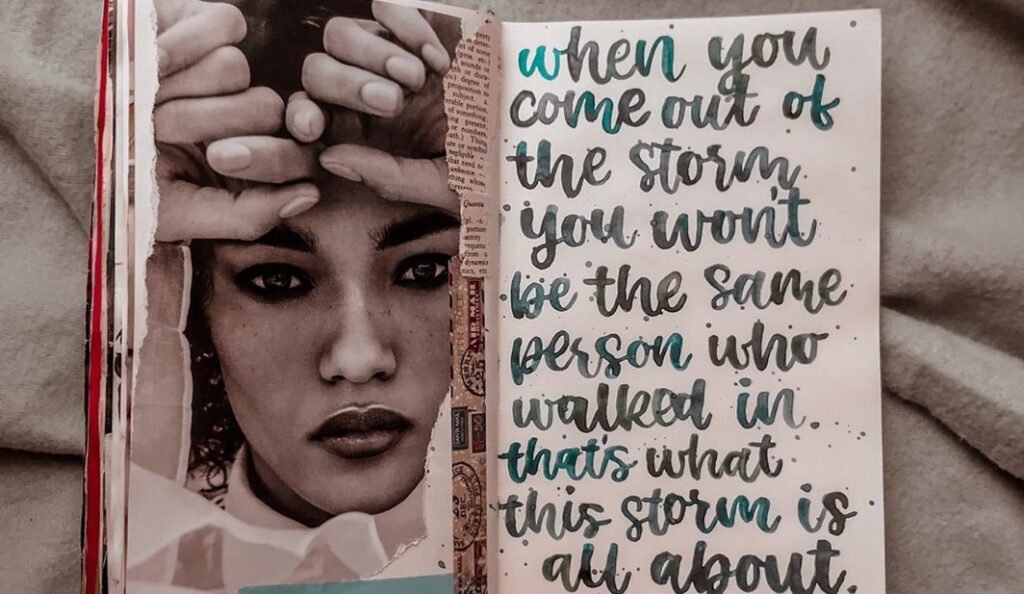
In the journey towards recovery and sobriety, it is not enough to simply stop using and thinking that this is all the work. We need to find new things to do instead of using drugs. More than a cause, drug addiction is a symptom of things such as insecurity, low self-esteem, a low boredom threshold, depression, trauma or psychological pain.
To fully solve the cause (rather than the symptom), it is necessary to replace all the hours vacated by our former drug use and replace them with stimulating new routines. In today’s article, we will be giving you some valid suggestions of things to do instead of using drugs, to help fill the void left behind by your addiction.
Here at Ibogaine Treatment UK (a subsidiary of Tabula Rasa RetreatTM), where we offer ibogaine treatments to help stop your substance misuse, we know just how important it is to break old patterns and routines by introducing new, healthier ones.
The Rise Of Addiction In The UK
Though at first glance it may seem a relatively harmless corollary of social life, drugs or alcohol are usually introduced in a social, or party context. However, for those who are predisposed to it, this is often when addiction gets its foot in the door.
Here in the UK, this is no exception, especially given the deeply ingrained drink culture and vibrant social life. In fact, studies conducted by the Centre for Social Justice indicate that the level of drug and alcohol abuse on British soil are fast in making the country “the addiction capital of Europe.”
On average, there are 29.2 million people drinking alcohol every week—a staggering 57% of the population.
Regarding drug use, in 2020, 3.4% of people aged 16 to 59 had reported using Class A drugs in the preceding year, adding up to 1.1 million individuals. Among the younger cross-section of said group, or those from ages 16-24, the proportion of those who had tried class A drugs was much higher, at 7.4% (or, 467,000 people.)
In the face of such statistics, it becomes clear that the real challenge is not so much giving up drugs or alcohol in the first place, as much as it is reintegrating into a society where the very things one seeks to avoid are rife in mainstream culture.
The secret here is to find healthier alternatives and things to do instead of using drugs.
“Mind The Void”

The first step to recovery is, in fact, stopping one’s substance abuse. However, the real work—the one where many falter—is more specifically in strategies through which to “mind the void” left by one’s former drug or alcohol use.
In the more general scheme of things, this will involve a complete restructuring of one’s life after going through the initial detox process.
In more specific terms, this can involve making amends and emotional reparations where necessary, and re-establishing connections with the meaningful people in their lives. Just as important is learning to let go of relationships and ties that only really existed because of one’s drug use.
When this stage of recovery is dealt with, there can often be a sense of despair and isolation, which usually stems from boredom and one’s empty schedule in the initial stages of recovery.
The main reason for this is that addiction and the rituals of buying and using are so time-consuming. Once they are removed, those in early recovery have so much free time on their hands, they will benefit from things to do instead of using drugs. Given that, in many cases, a low boredom threshold may have been what led to initial drug use, and subsequently, addiction, idle time poses one of the main threats to recovery.
Strategies For Avoiding Boredom
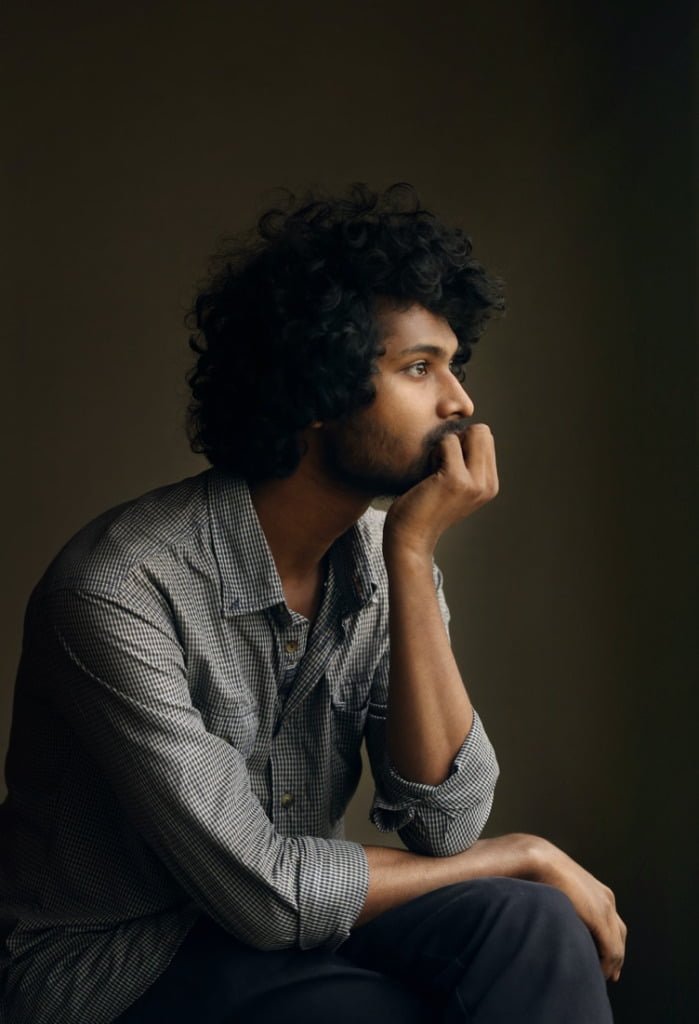
A psychology professor at Toronto’s York University by the name of John Eastwood reviewed a vast array of scientific literature in an effort to determine the core pillars that give rise to feelings of boredom.
Being unable to engage one’s mind in a satisfying way.
Blaming the environment as well as other external factors for one’s feelings of boredom.
Being excessively aware of the boredom to the point that it constitutes such a problem one cannot even consider engaging in a new activity.
Picking up on the latter point, by flipping the script, one can begin to reverse this self-fulfilling prophecy. Instead of thinking of the things that bore you, which means you define yourself by exclusion, try instead to define yourself by inclusion, and make a list of the things that interest you.
Do Not Label: Observe First, Then Act.
Much of people’s psychological pain is caused by the constant labelling—either by their own selves, or from others—of certain thoughts, feelings, or words as good or bad; positive, or negative. However, if we were to take a page from nature’s book, we would realize that nature itself does not operate in dualistic terms. It does not label: it simply is; it simply happens.
In applying this to our thought patterns, by being fully aware of them without trying to shut them down, you will be practicing what is called “mindfulness.” This will allow you to pinpoint the true nature of the thought behind the emotion, because you are not negatively judging or resisting it. Then, once a clearer picture of what the issue behind the discomfort is, if it is something, like boredom, that you can solve in practical terms, you may then decide how you wish to act upon it.
Disengage From Social Media Every Now And Then
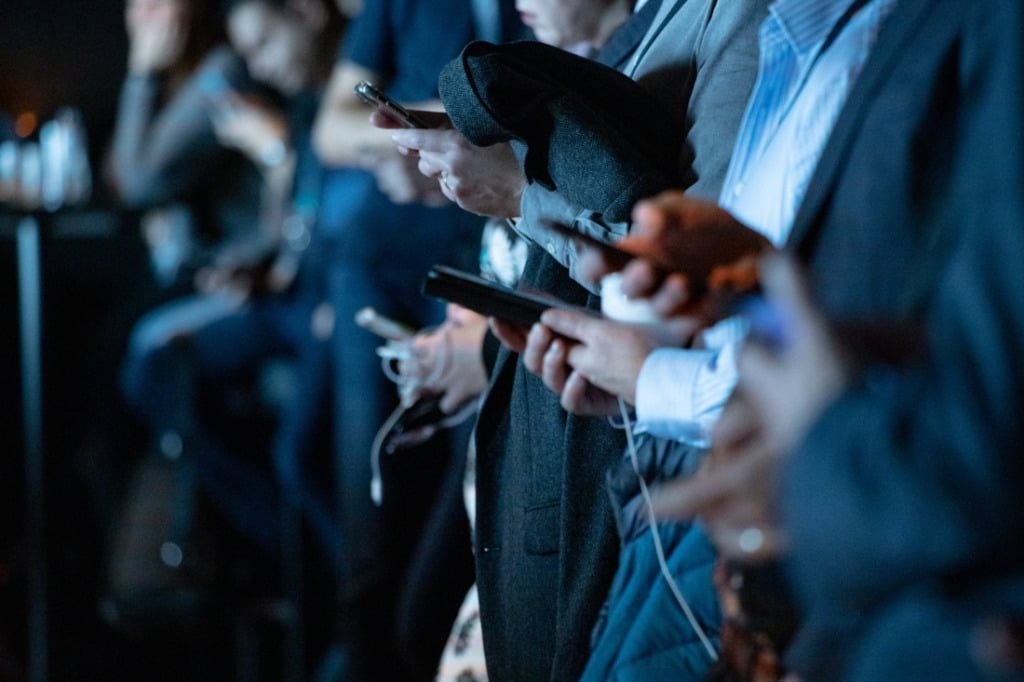
First and foremost, you would do well to identify and think about the consequences of social media platforms, be they Instagram, Facebook, Twitter, Tik-Tok or others. While initially appearing to promote connection—which, to an extent, they do quite well—they also stand as an apparent solution to boredom. Yet, they are designed to be highly addictive. But what about them makes them so addictive?
It is the fact you are “spying” in on other people’s lives. Added to this, is the social currency of acquiring followers, or likes.
However, this may pose a serious problem for those seeking to rebuild their lives after prolonged drug use. Chances are, if you are in the early stages of recovery, you will not feel like you are living the most colourful, “Instagrammable” life.
The more you look at the filtered, curated moments of other people’s lives, the worse you will naturally feel. They have it all, and you have nothing, you may feel; or that your life will never be like theirs—you enviously watch as they travel the world, party with friends, show off new tattoos, friends, or lovers.
The human brain is designed to feel gratification when it produces things: from new ideas to new skills, crafts, and solutions to problems.
Mindless scrolling through social media amounts to little more than receiving information passively. Worse yet, you are receiving information about everything your life isn’t now, instead of thinking of how you could make it better. Therefore, if you want to truly engage with life, disengage from social media.
Outdoors Ideas Go For A Hike
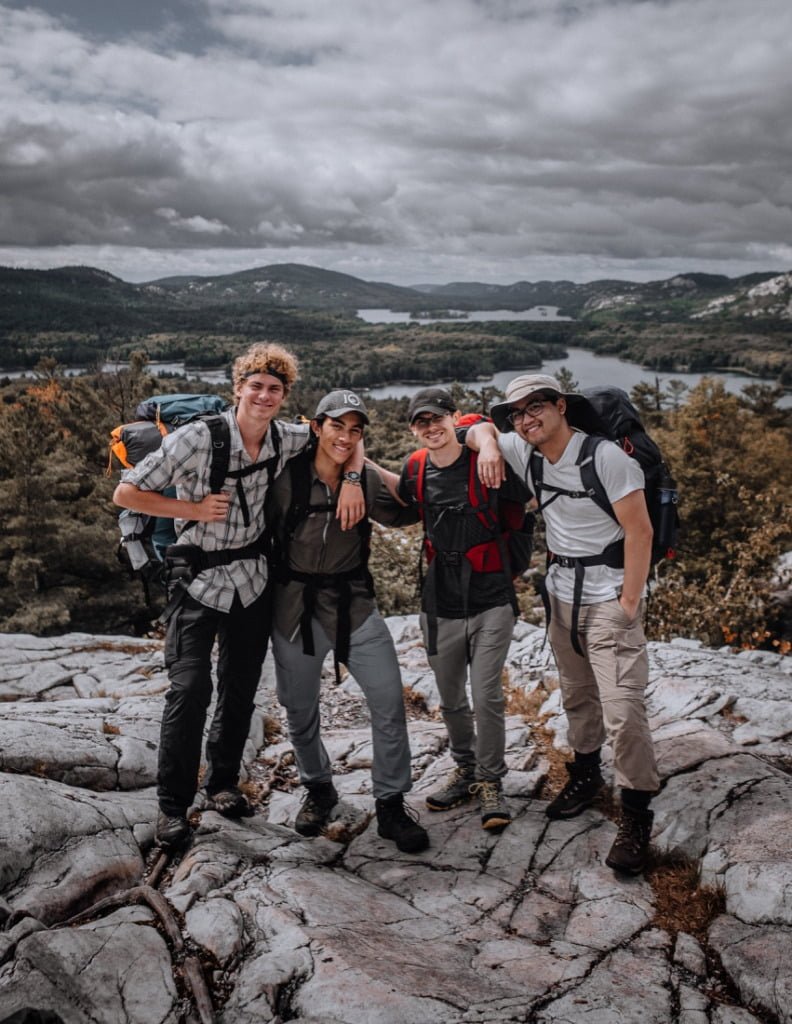
In the daily drone of city life, we often move from office to home, and back again; always in concrete and glass buildings. The fact is, though, that while our civilization has advanced at breakneck speed over the last few centuries, our DNA has not. What this means is we are not designed to be cooped up, staring at two dimensional screens the whole time.
There is great restorative wisdom in nature, and one of the great truths which we, as a species, have forgotten, is that for billions of years, we have co-evolved with plants, and to cut ourselves off from that primal source of connection is to do ourselves and Mother Nature a great disservice.
Therefore, to break the cycle of disconnection and isolation, taking the time out to go and be in natural surroundings is a fantastic way to expend energy and release any residual frustration. Going for a hike or making it to the top of a climb can also provide a sense of achievement.
It is also a good idea to take the opportunity of ringing up an old friend, or a family member whom you would benefit from reconnecting with.
Go Camping
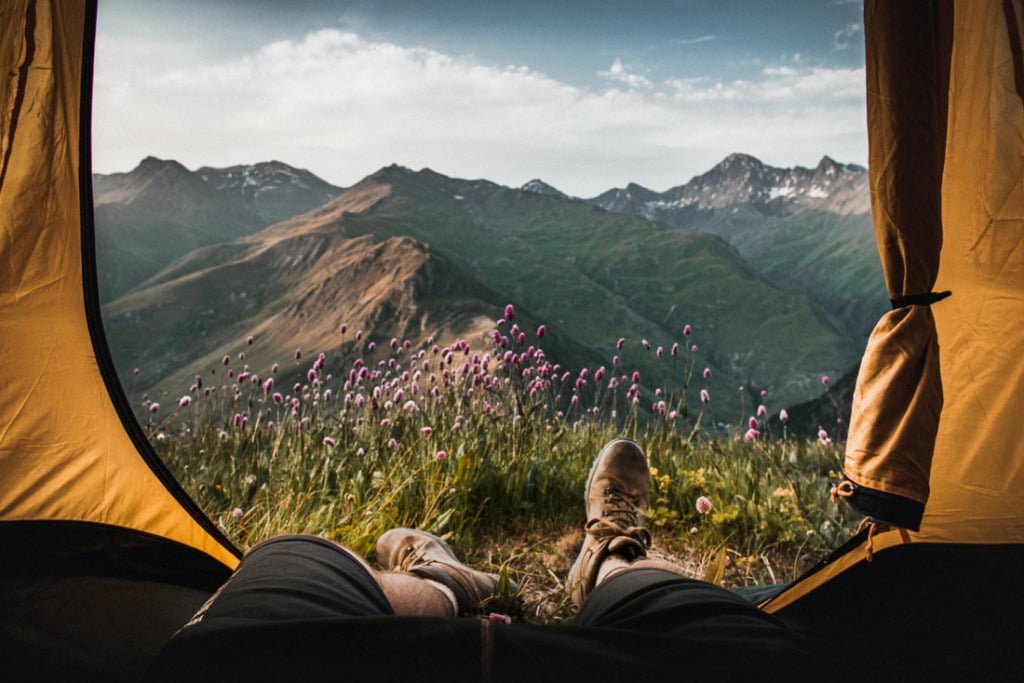
Remember that just because you are in recovery, does not mean you have to be alone. More than likely, you will have lost contact with a few of your old friends that didn’t do drugs.
This could have been because of shame, guilt, or strained relations. Now, more than ever, is the right time to reconnect. Try calling one or some of those friends and suggest a camping weekend. If by chance nobody is free, then by all means, go on your own adventure. Pack a good book, and go enjoy the outdoors.
Go For A Morning Jog

Exercise has the proven benefit of reducing anxiety and promoting higher levels of energy during the day. And don’t just stick to the same old routes. Look for new spots, find a wooded trail, run along the beach or drive to a new town and jog there.
Indoors Ideas
Read A Good Book
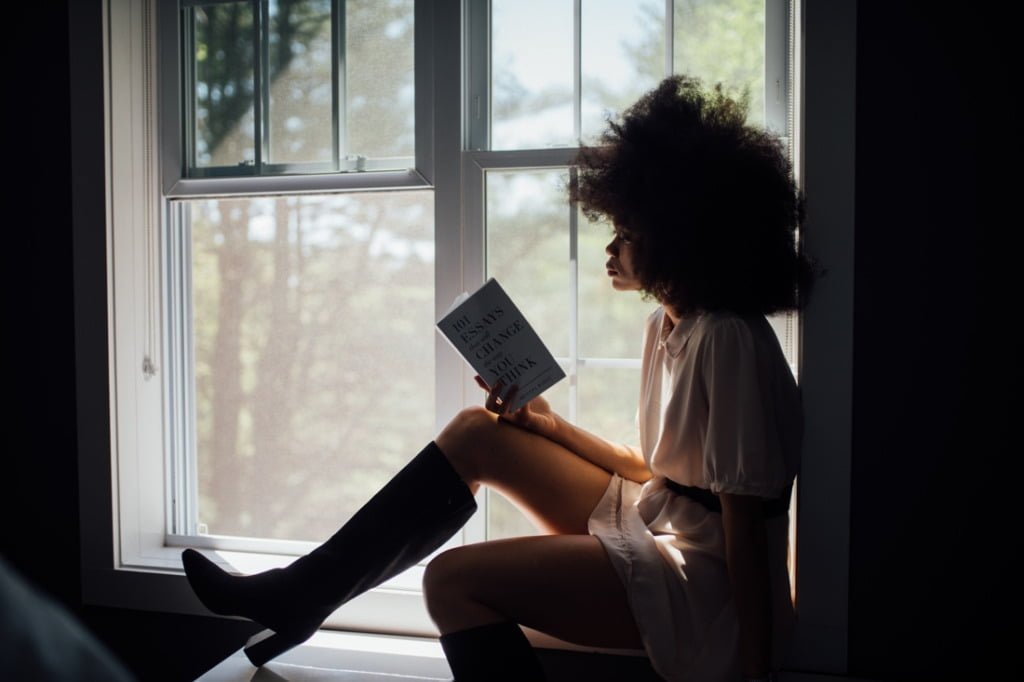
The advantages of reading are many, and you can “travel” through stories without having to leave the house. Also, it has the added benefit of stimulating the imagination, contrary to sitting down and vegging out on television series.
Some of the highest reviewed fiction books of 2022 were:
- Sea of Tranquility by Emily St. John Mandel. …
- The Candy House by Jennifer Egan. (Scribner) …
- Checkout 19 by Claire-Louise Bennett. …
- The Books of Jacob by Olga Tokarczuk. …
- Young Mungo by Douglas Stuart. …
- Lessons by Ian McEwan. …
- Either/Or by Elif Batuman. …
- Our Missing Hearts by Celeste Ng.
Get Your House In Order

Before you say that you find mundane house chores boring or off-putting, think of the value behind the actions themselves. Chances are, when you were addicted to drugs, you didn’t pay much attention to the state your house was in.
Now that you are no longer living like that, make sure to make a few changes to celebrate your new life.
Start by throwing out old junk that has piled up. Those posters and/or paintings that you’ve been meaning to hang up but haven’t? Decide where you’d like them to go, and do it.
Make a point of doing your dishes and keeping your house clean, as a rule. To make the chores more enjoyable, you may wish to listen to music, or to a good, thought-provoking podcast or audiobook.
Practice Holotropic Breathwork
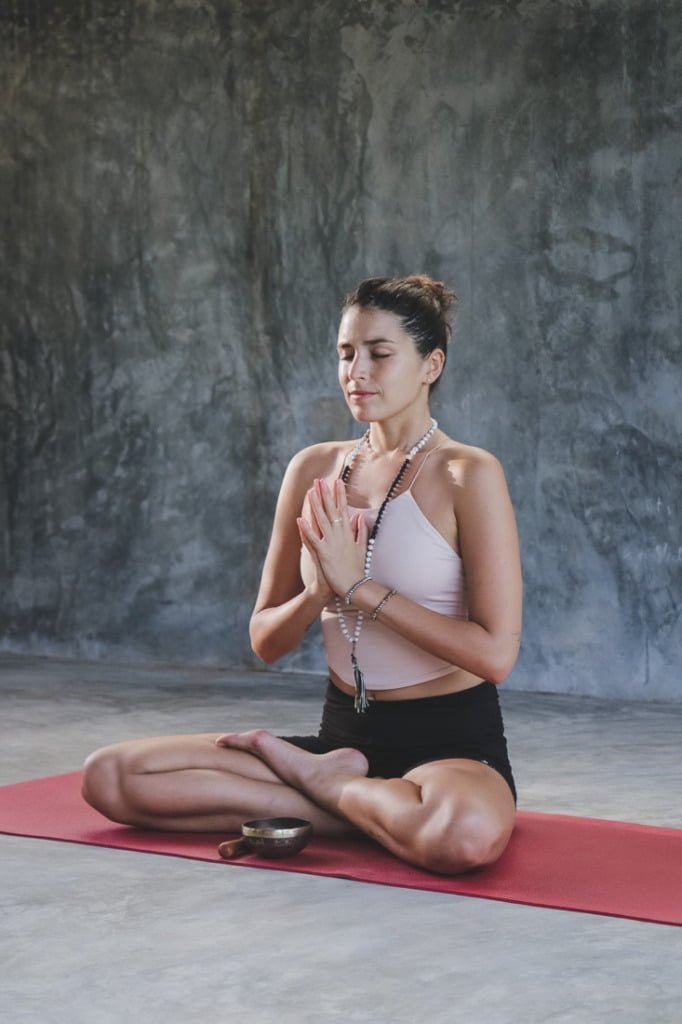
Nature gives us the internal tools for self-regulation and healing, but many of us are so used to seeking a cure for discomfort through external things, that we forget we are built to do this.
Holotropic Breathwork was first invented by Stanislav Grof, and is a therapeutic breathing practice intended to help with emotional healing and personal growth. Because it produces an altered state of consciousness, and promotes clarity of mind and connectedness, it has proven itself highly effective in those seeking to recover from drug use.
Below we leave you a link to a YouTube channel called “Breathwork Beats by Touek,” which has many guided breathwork exercises and a wealth of information for you to get started. Fast Pace Advanced Breathwork (MUSIC GUIDED)

Acquire Mastery Over Your Moods By Focused Journaling

As a complement to whatever form of recovery therapy you may be undergoing, bear in mind that apart from cleaning up your physical space, there will also be a significant amount of mental and emotional cleaning you could benefit from.
Three books that have proven invaluable to many people in recovery, which have plenty of written exercises, are the following: “Recovery” by Russell Brand. This book is a delight to read, and has many soul-searching written exercises geared specifically towards those in all stages of recovery.
“The Feeling Good Handbook,” by David Burns. This book is written by leading cognitive psychologist David Burns. It will teach you, through various written exercises, how to untangle many of your negative thought patterns and cognitive distortions that used to go hand in hand with your more self-destructive impulses. It will also engage your mind, and teach you new psychological skills so you can learn how to be your own best therapist.
“Feeling Good Together,” also by David Burns, will also teach you interpersonal skills, and how to repair strained relationships or friendships.
Learn To Play A Musical Instrument
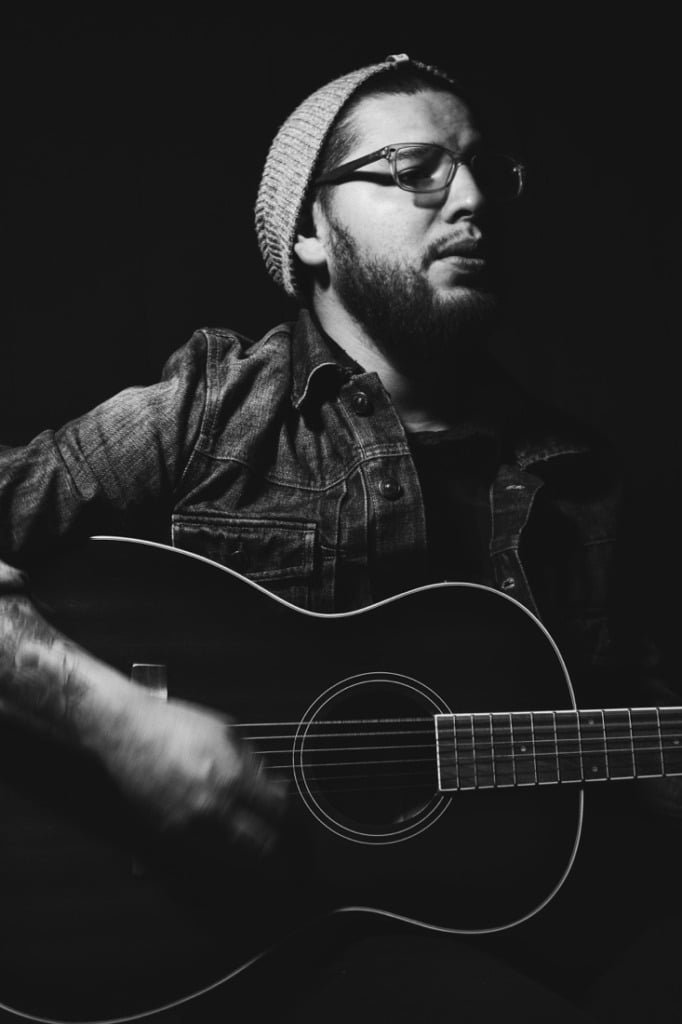
Music has the proven benefits of healing the mind, body and spirit. The reason learning an instrument can be so fulfilling is not only the mental stimulation and challenge of learning a new skill, but of also improving on it. With the extra money you have, now that you are no longer spending it on drugs, buy yourself an instrument, like for example a guitar, a harmonica, or a portable electronic keyboard.
Music learning apps that are great, affordable, and a lot of fun to use are:
Piano: “Simply Piano.”
Guitar/Piano “Yousician”
Guitar: “Simply Guitar”
Don’t Be Too Hard On Yourself
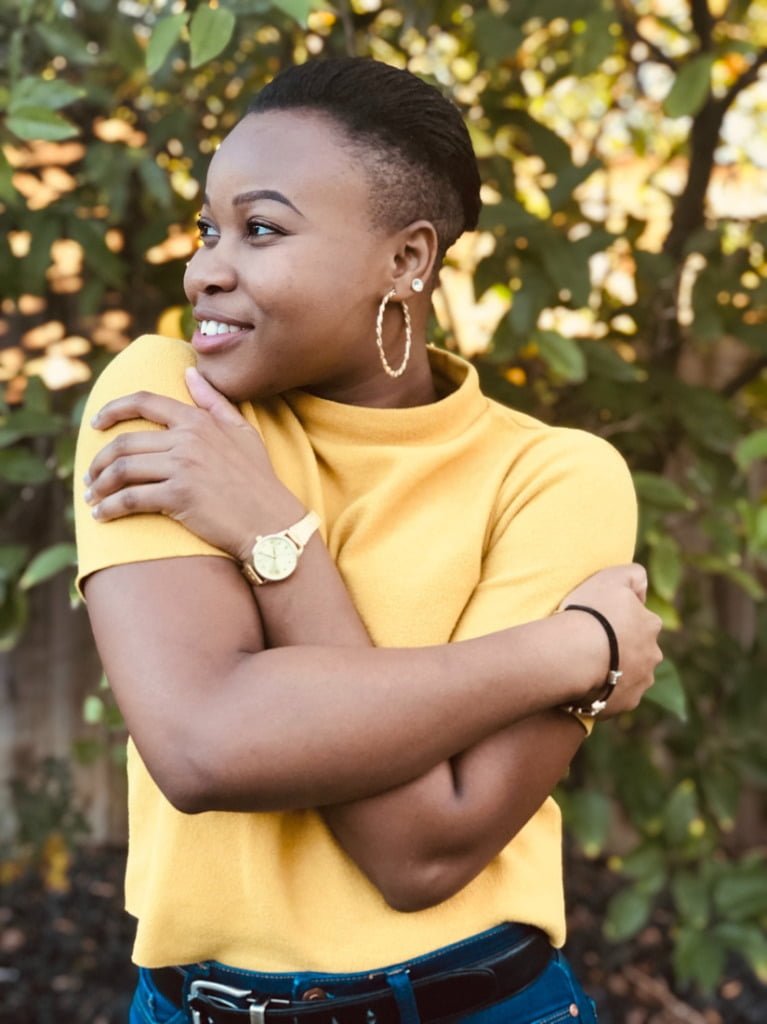
Recovery and aftercare after a drug detox can be testing, to say the least. Therefore, you would do well to remember to be compassionate to yourself.
Try not to overburden yourself with too many activities, as you could feel overwhelmed. Start simple, and then build upon that. Should you be struggling with drug or alcohol addiction and are finding the cycle hard to break on your own, know that we here at Ibogaine Treatment UK (a subsidiary of Tabula Rasa RetreatTM) specialize in halting addiction with our medically supervised ibogaine treatments. Give us a call or fill out our evaluation questionnaire to find out if ibogaine is right for you!
